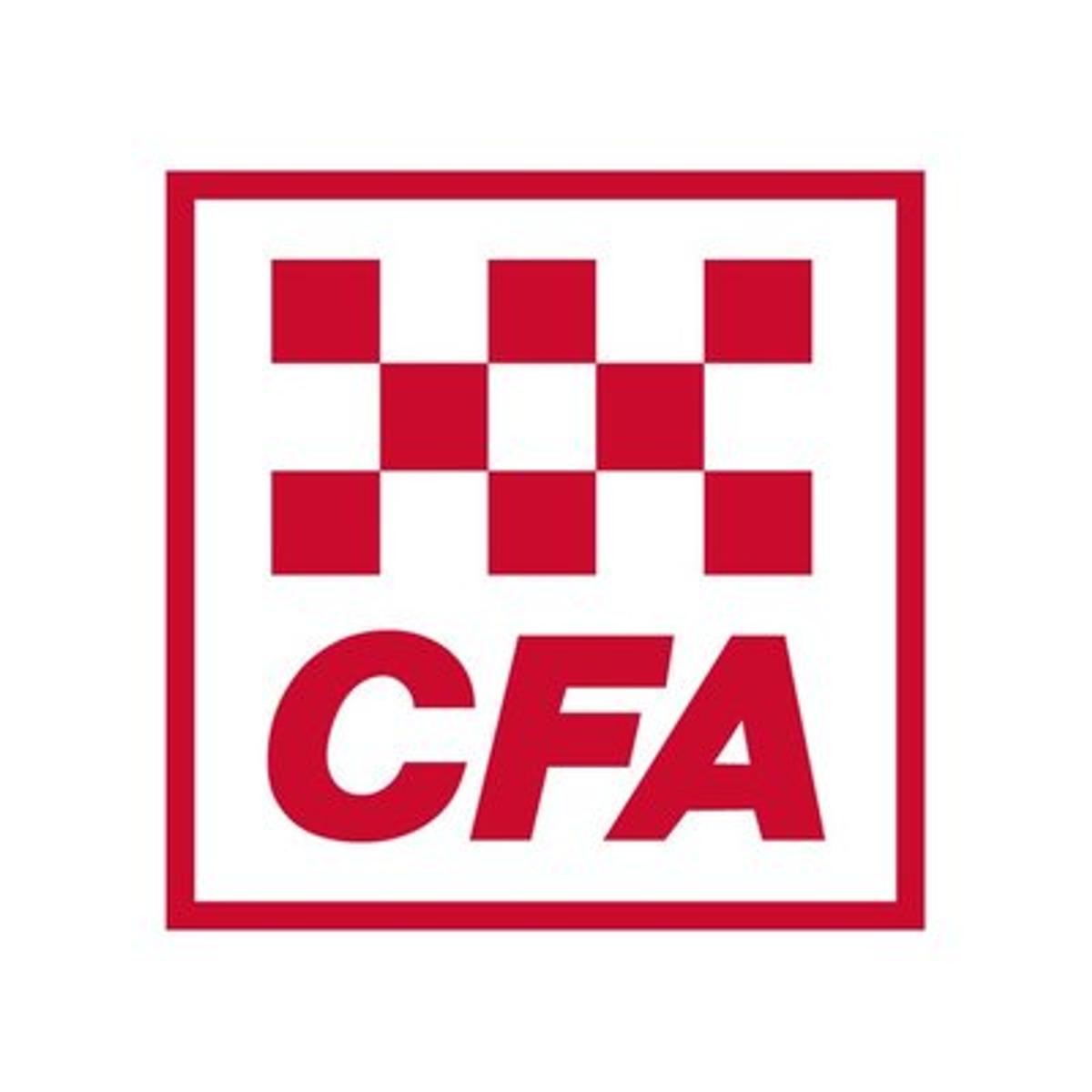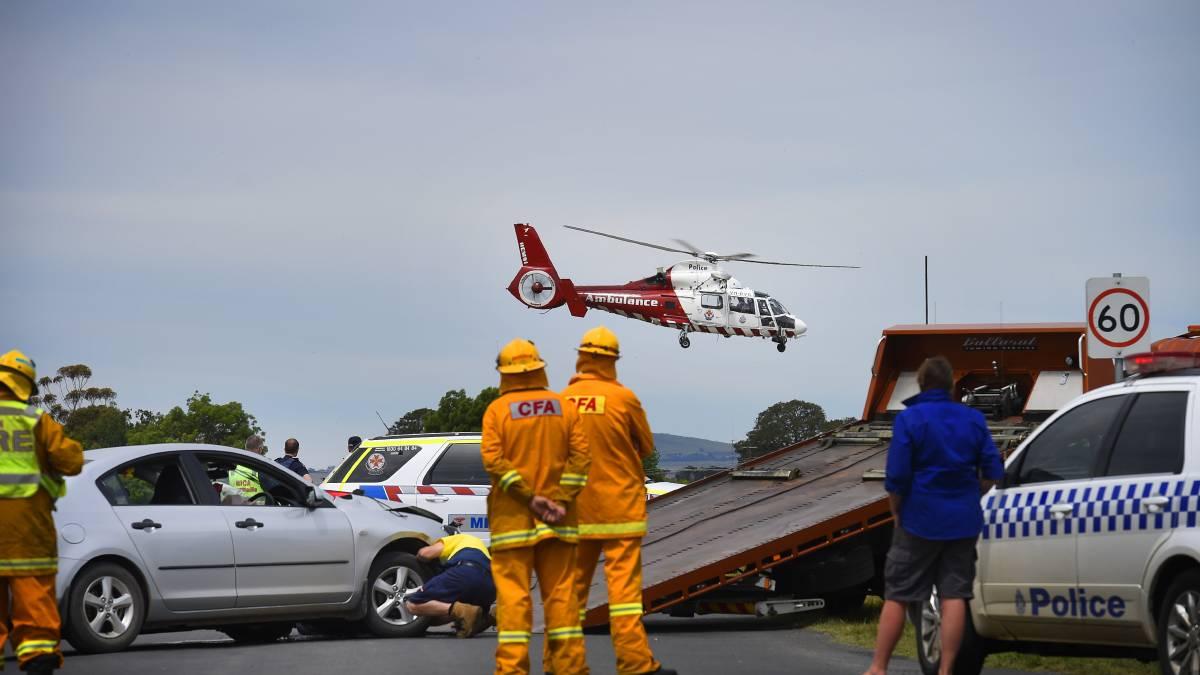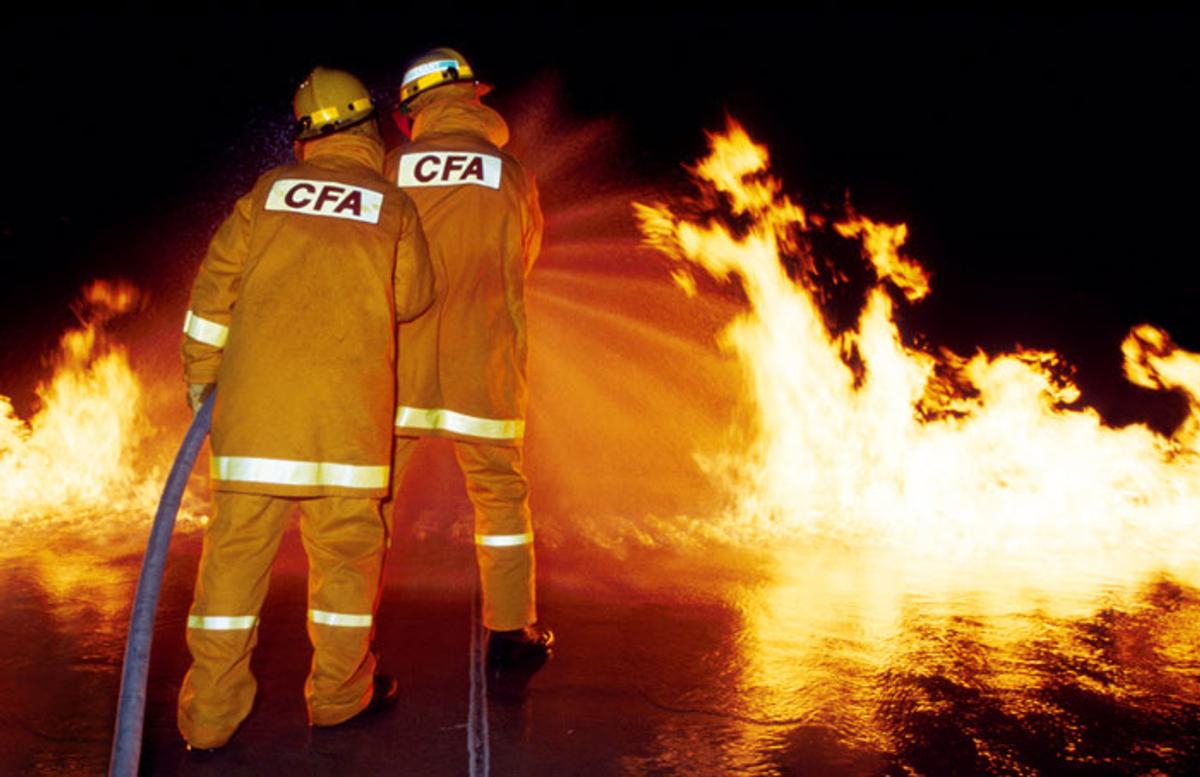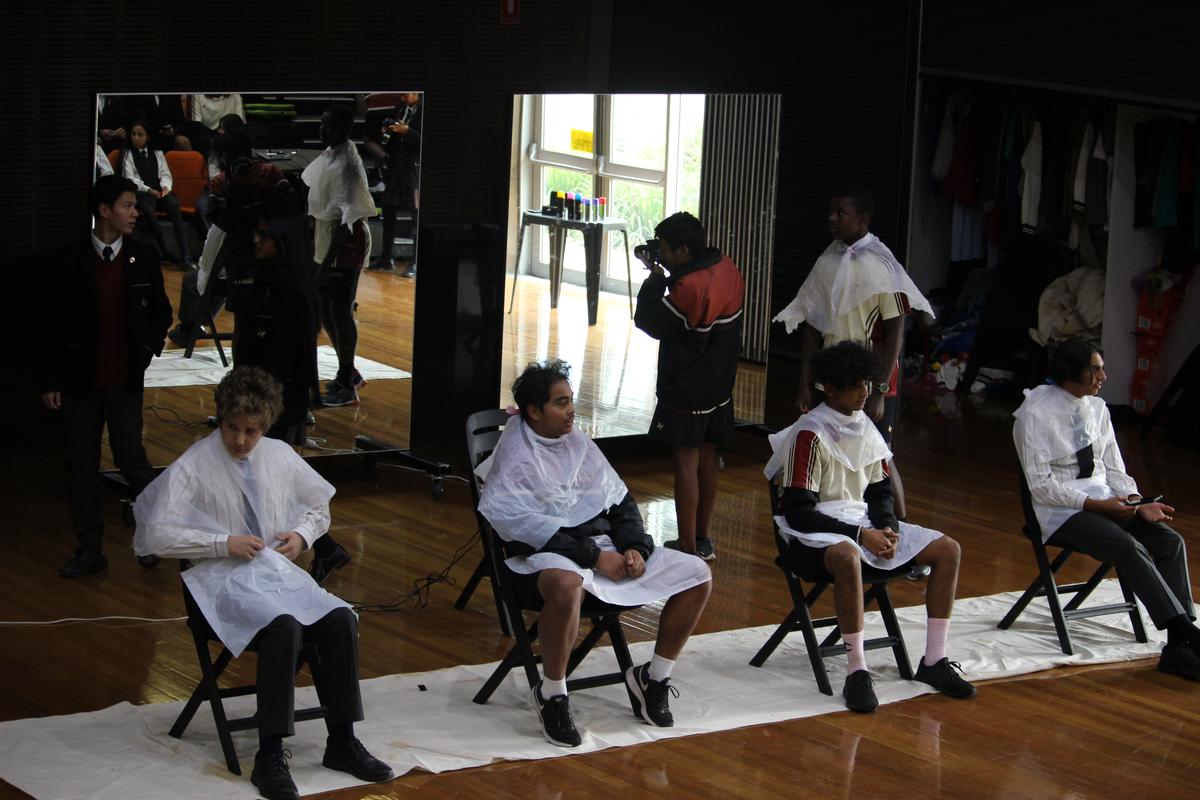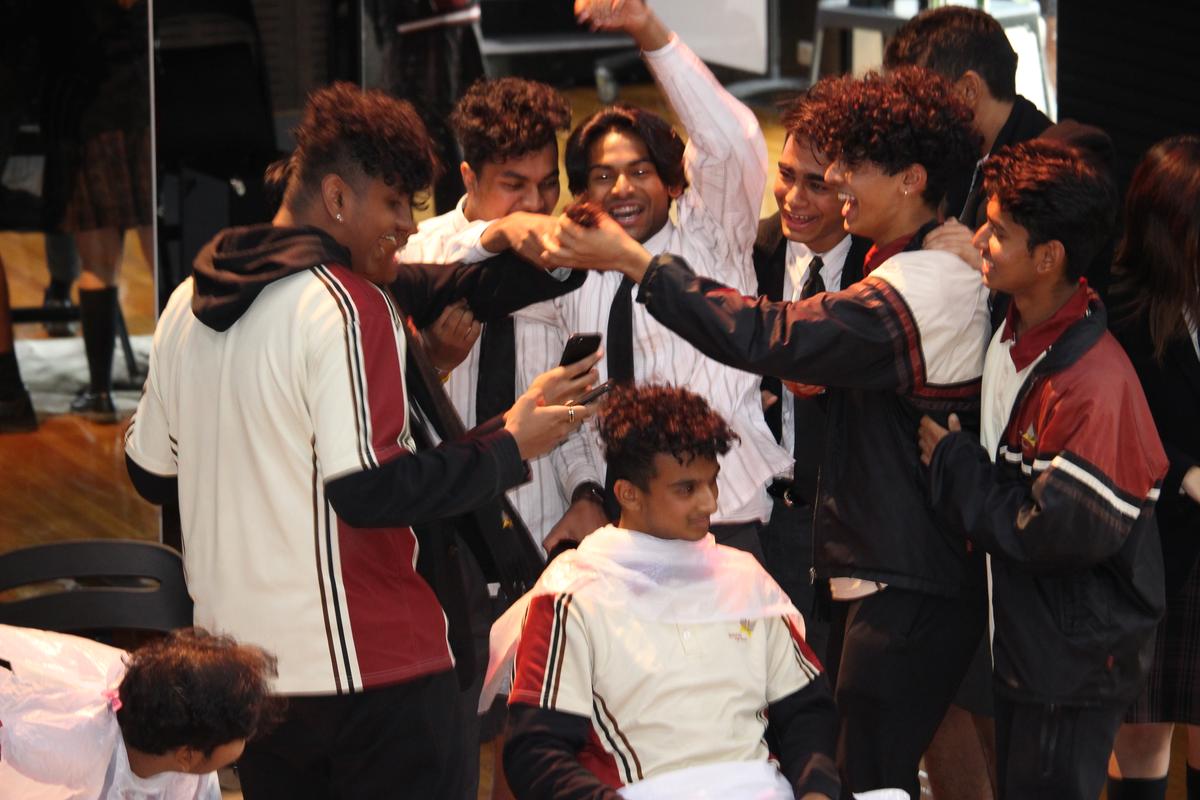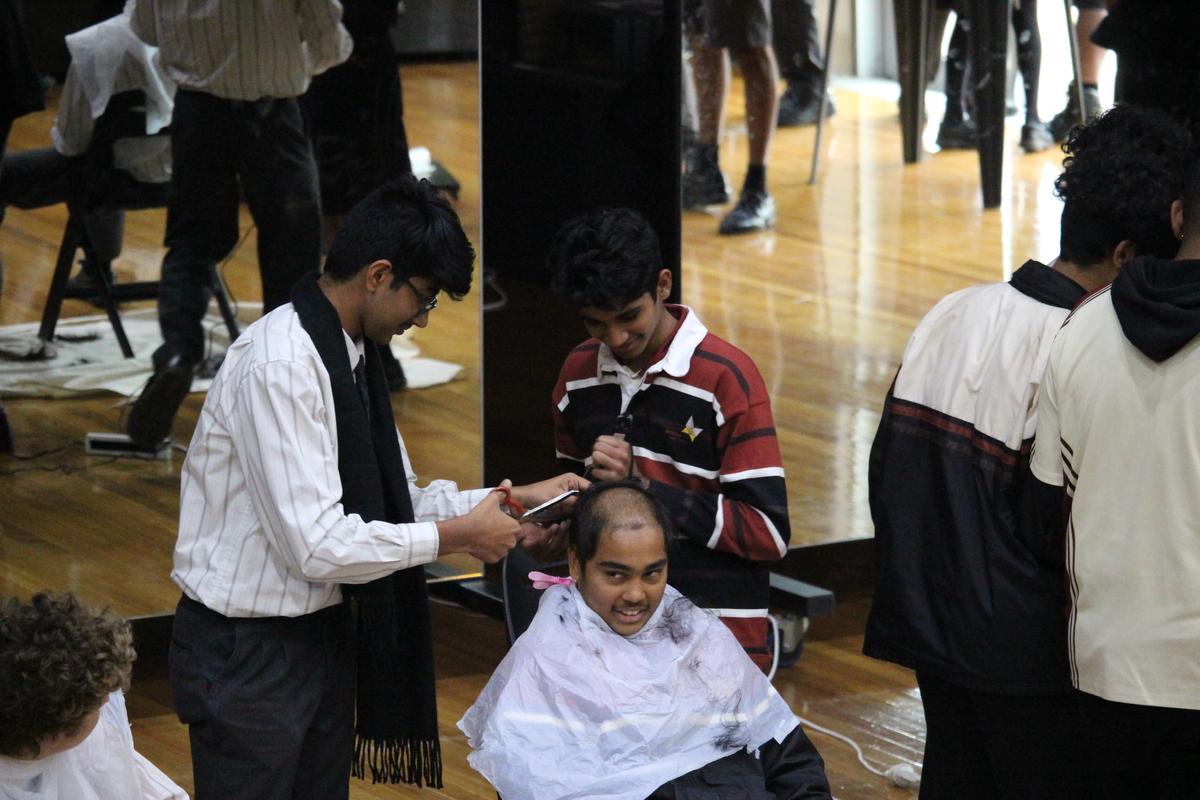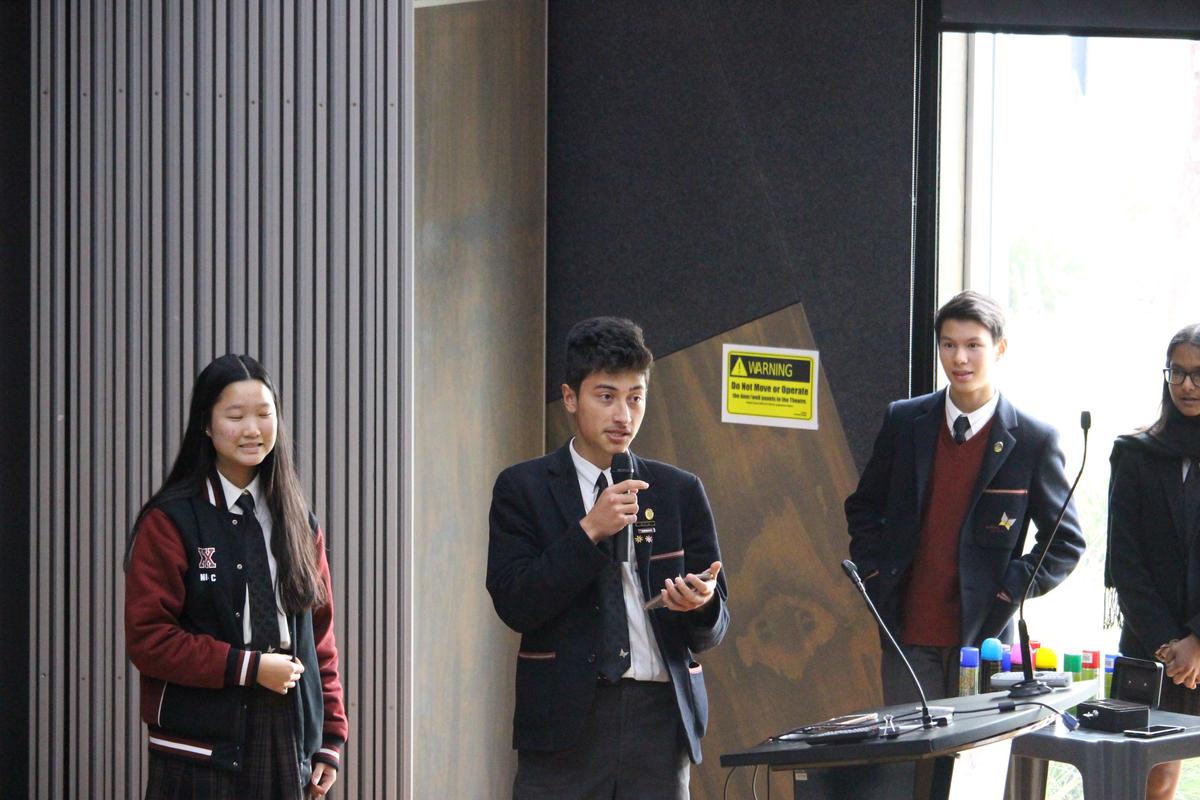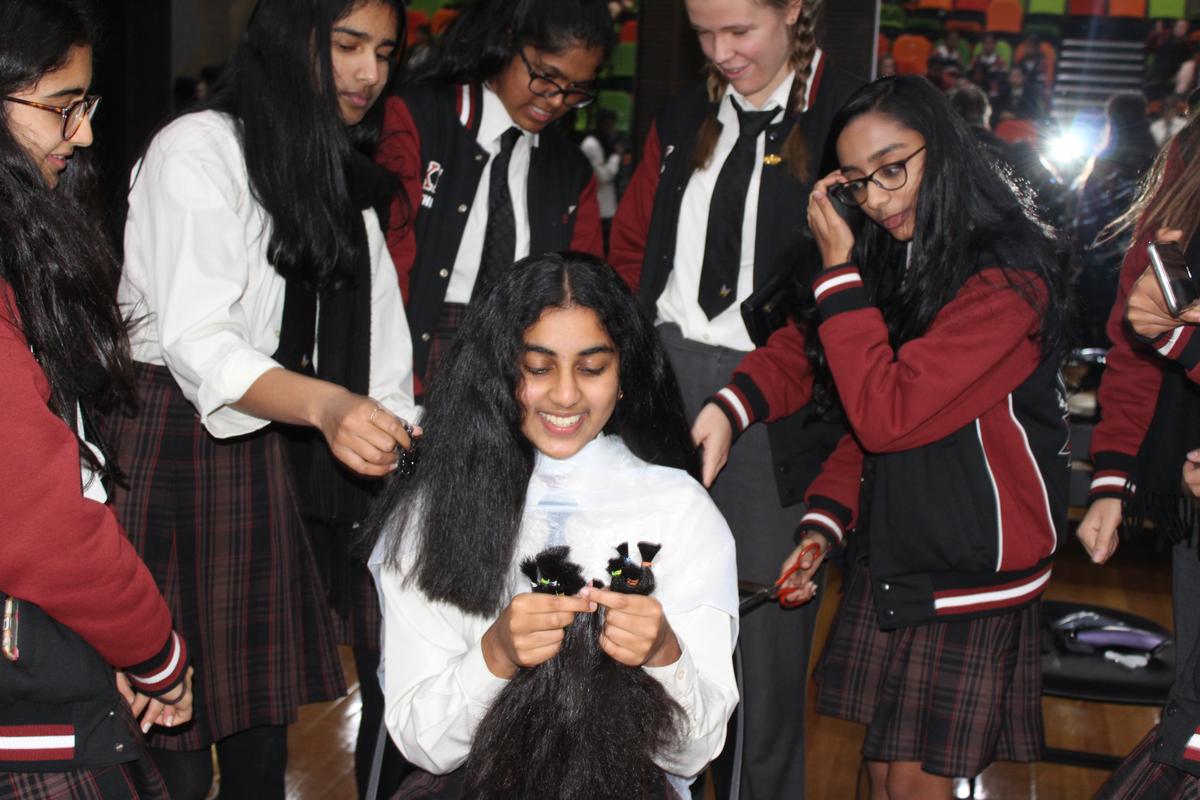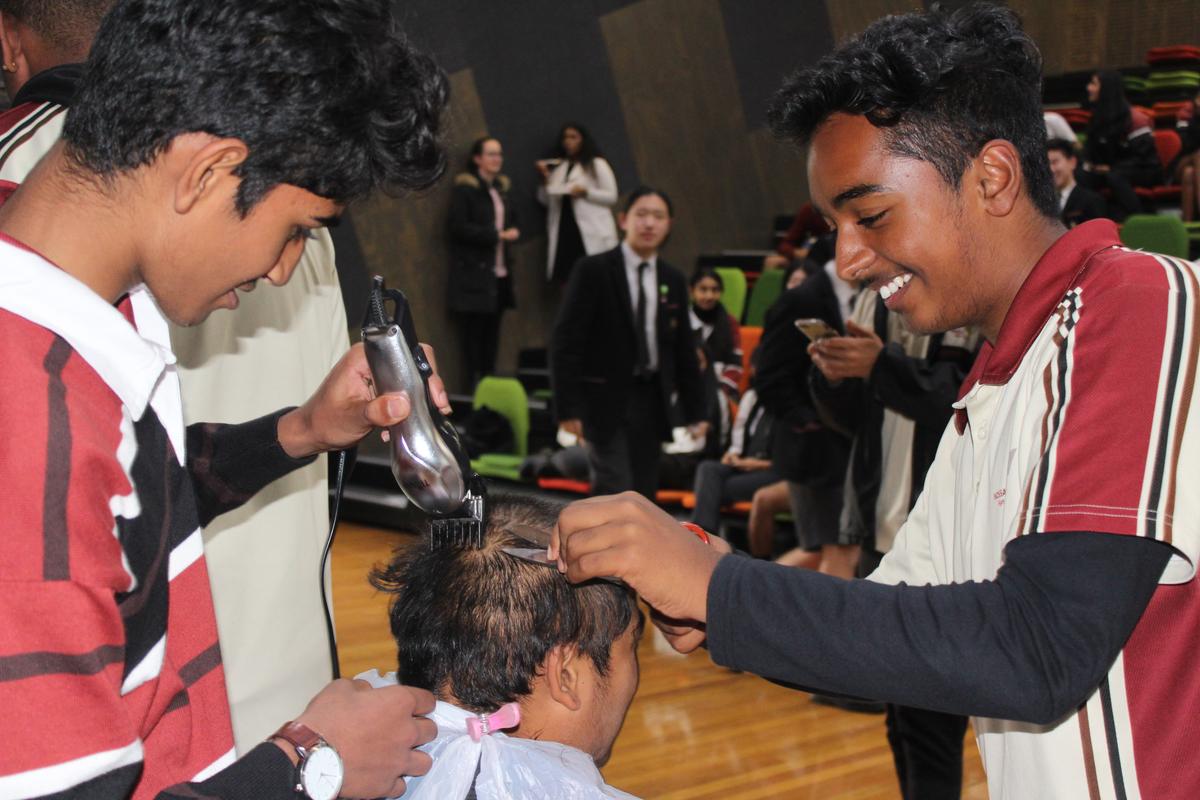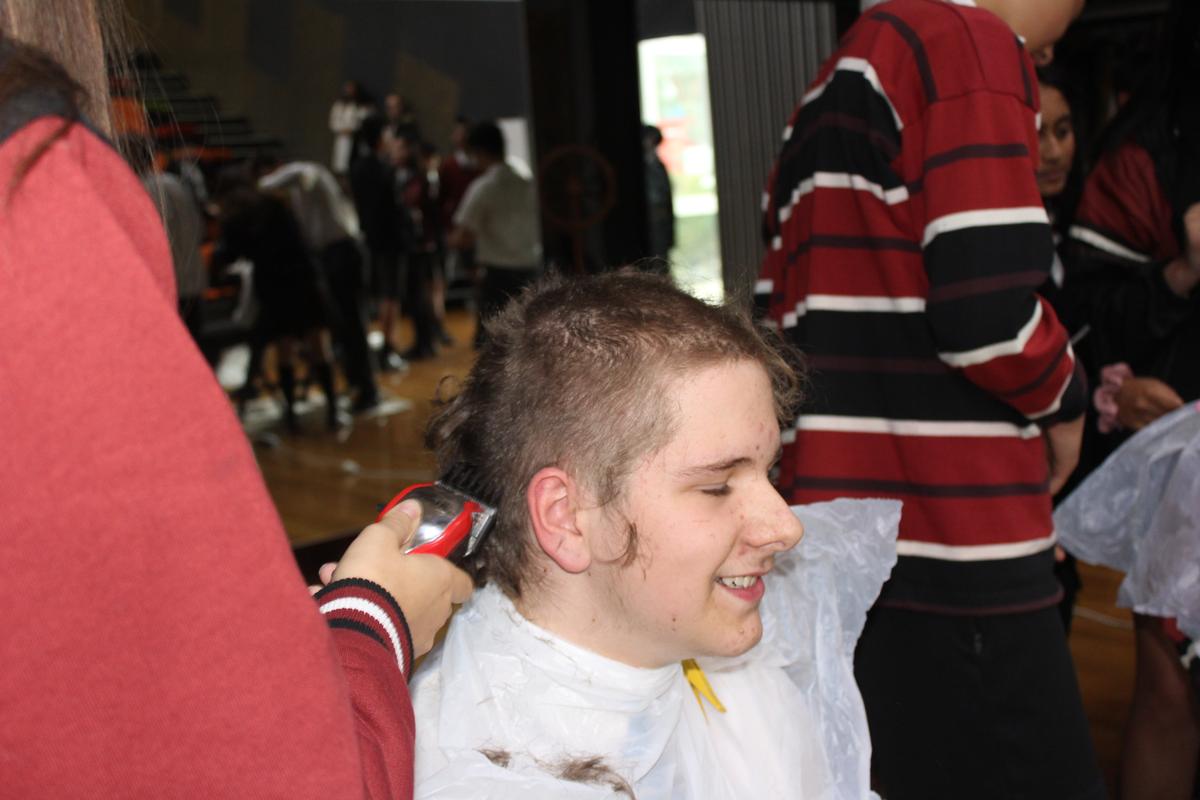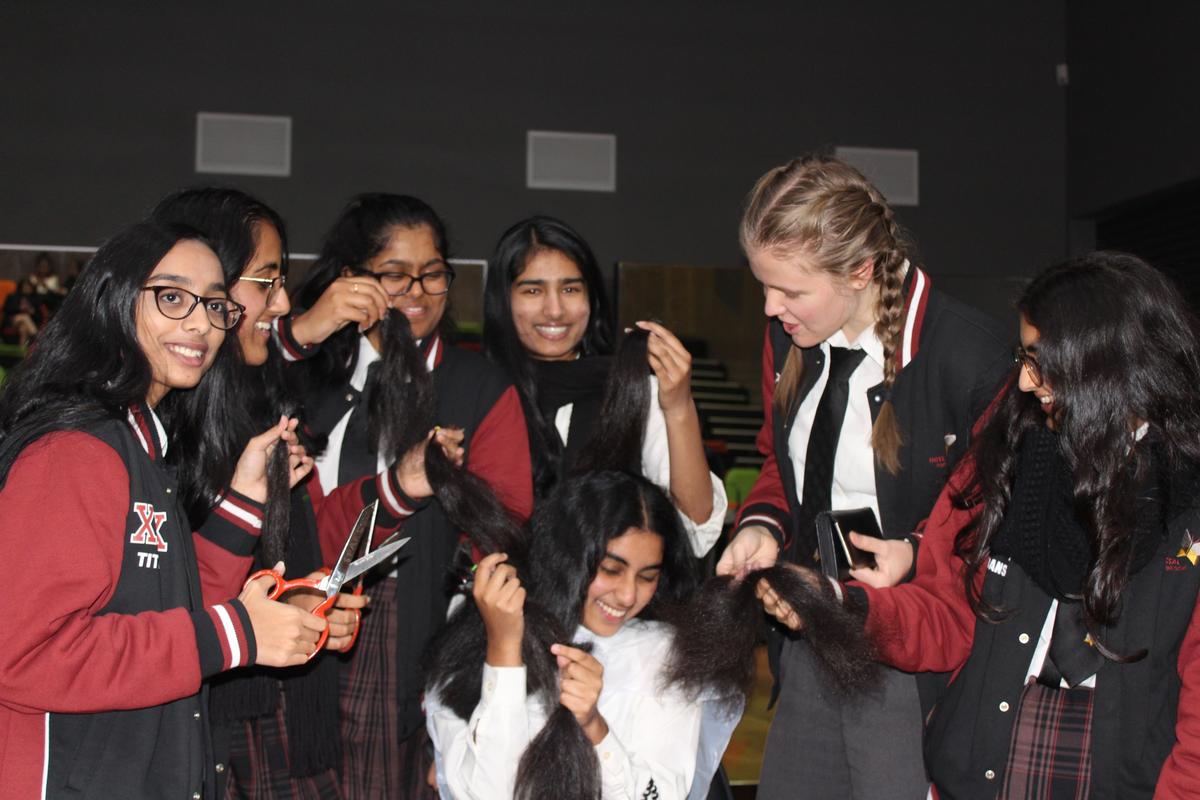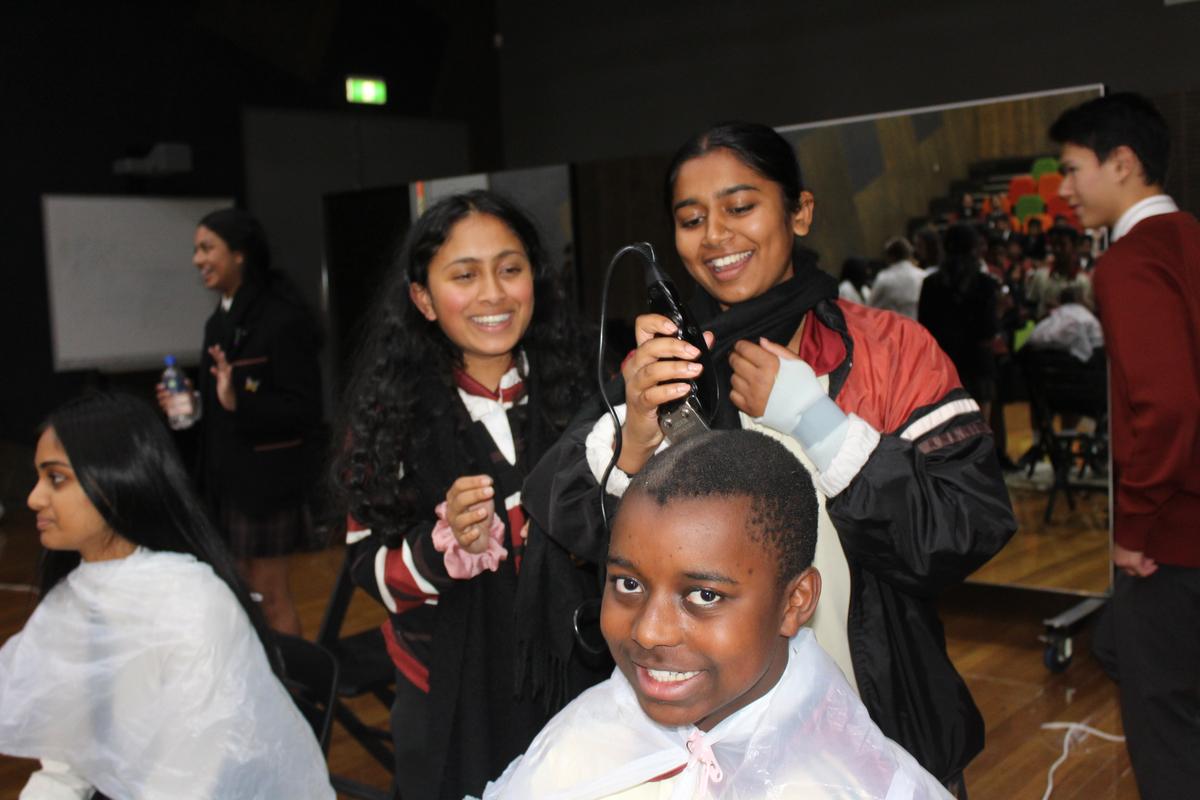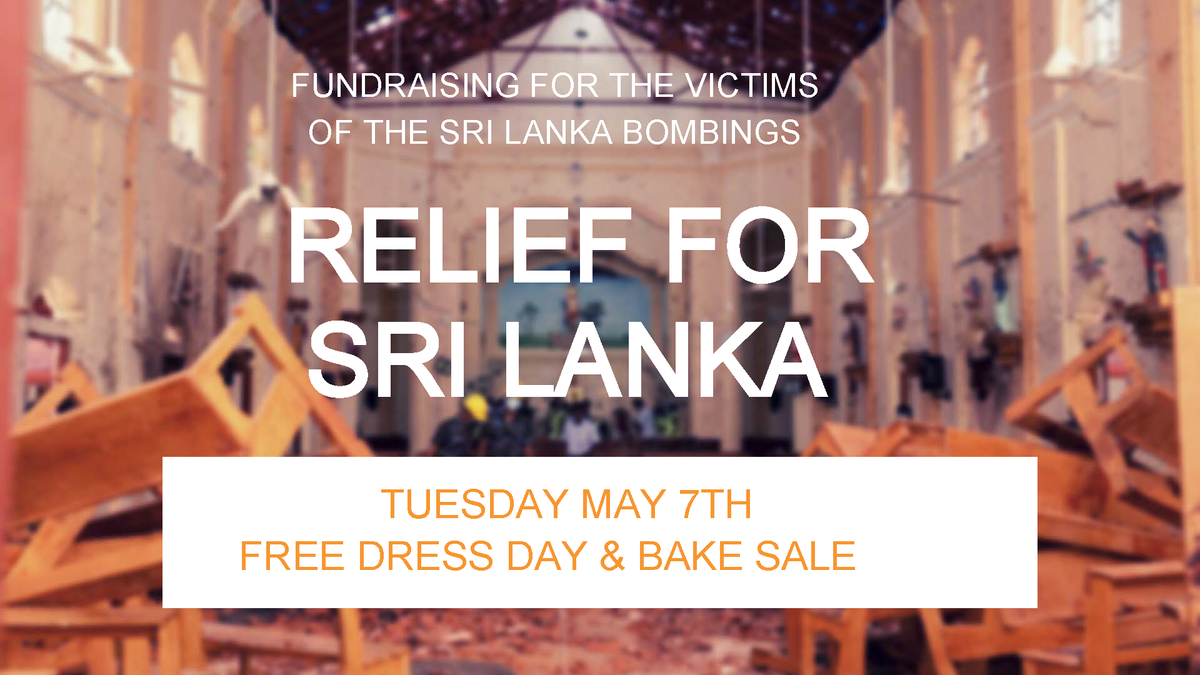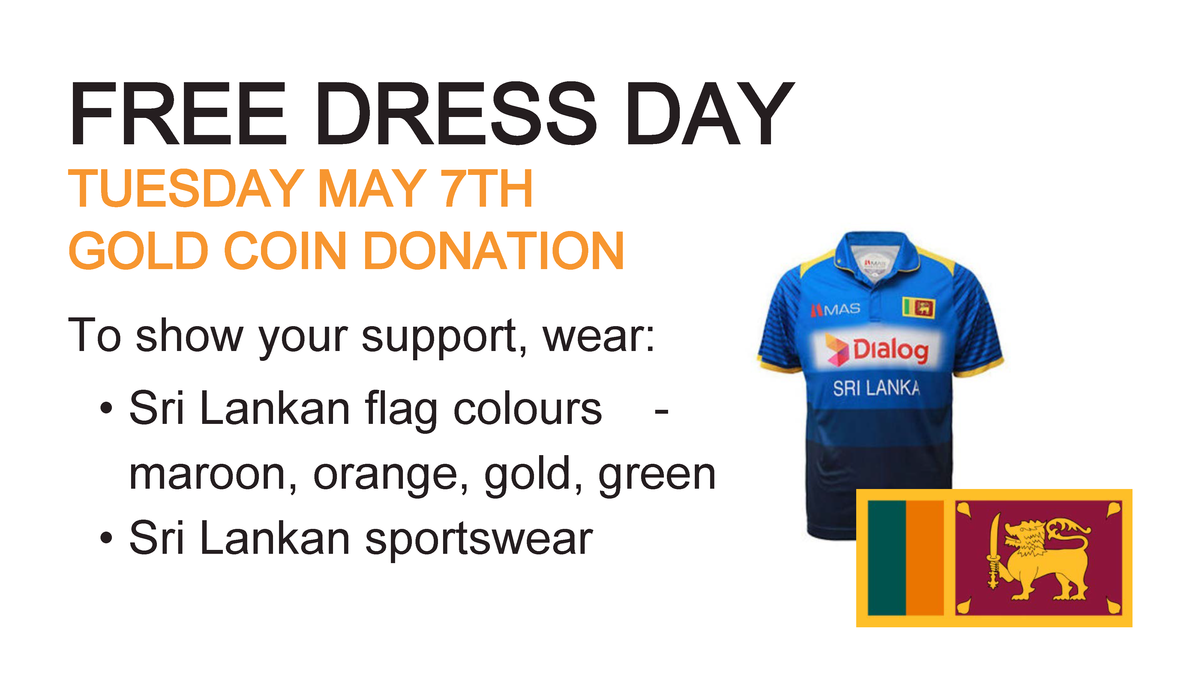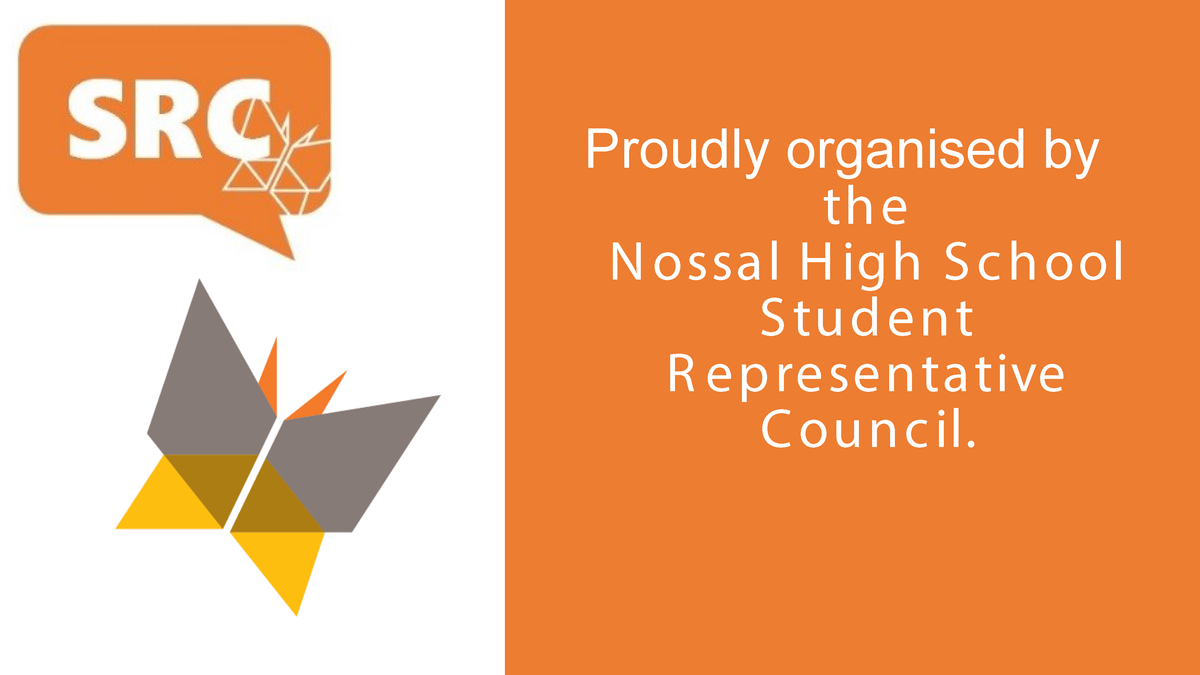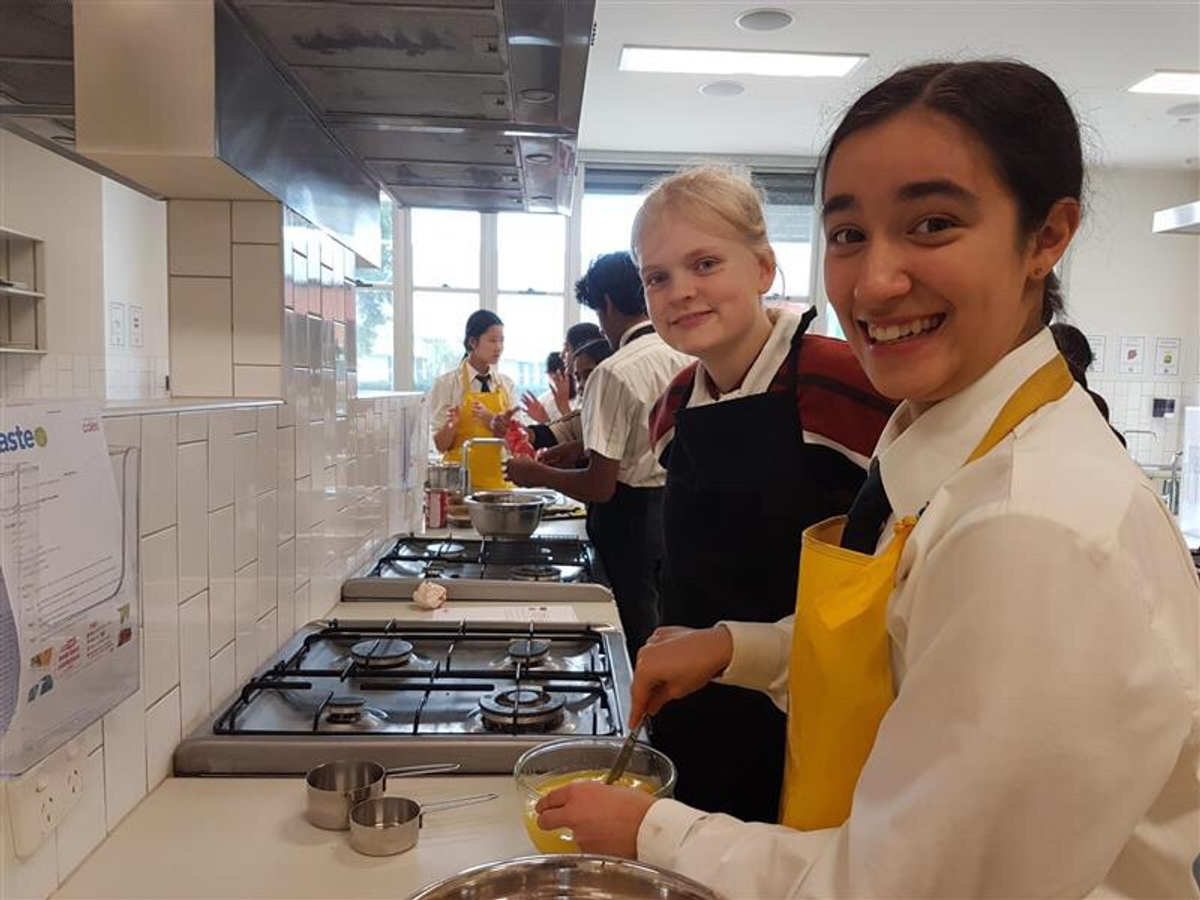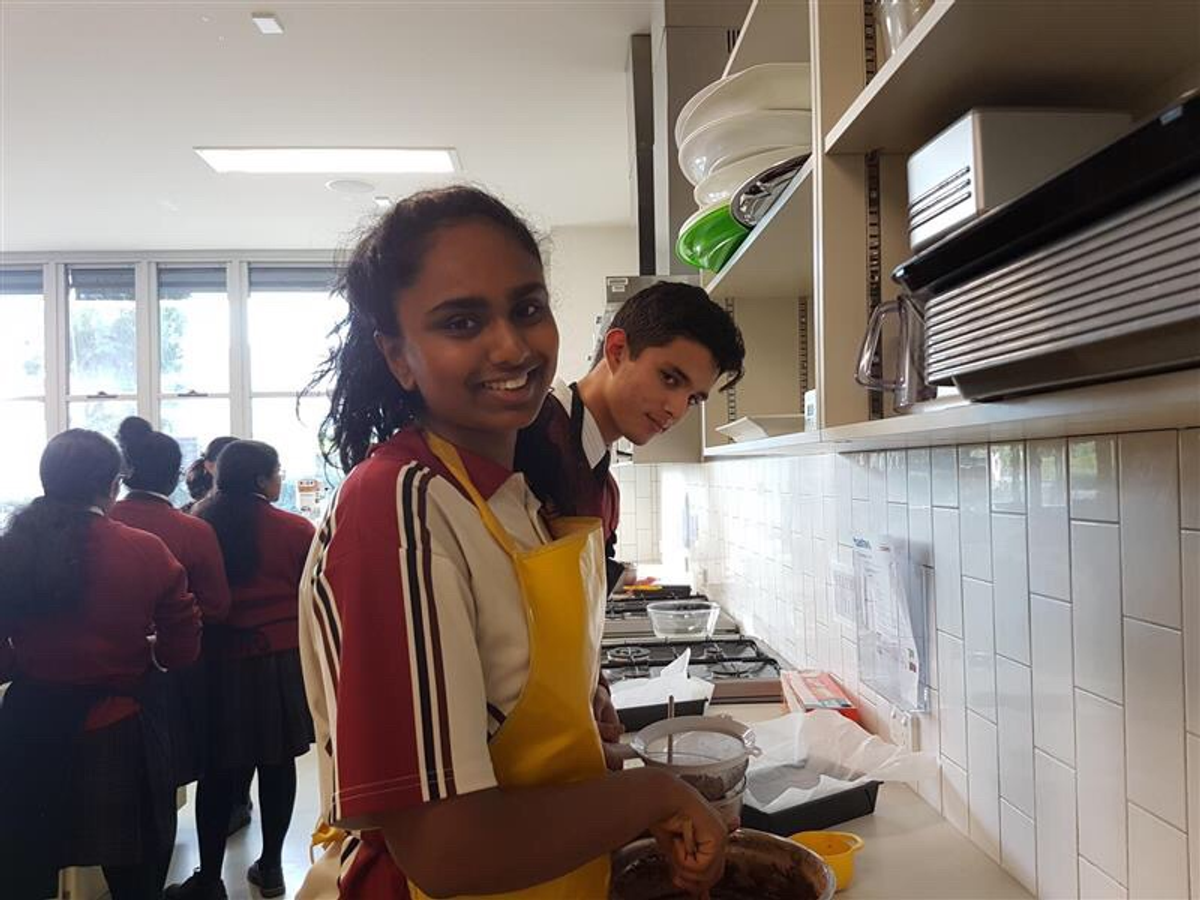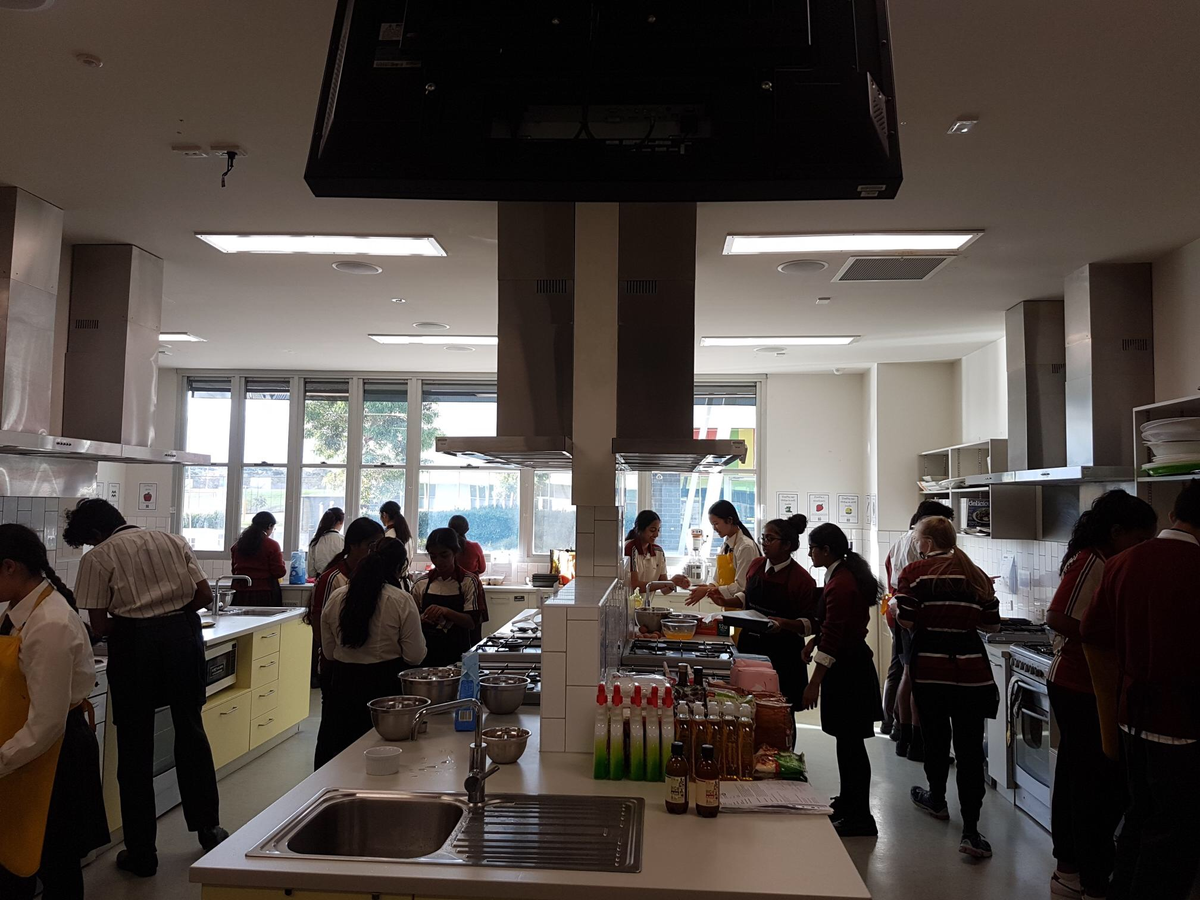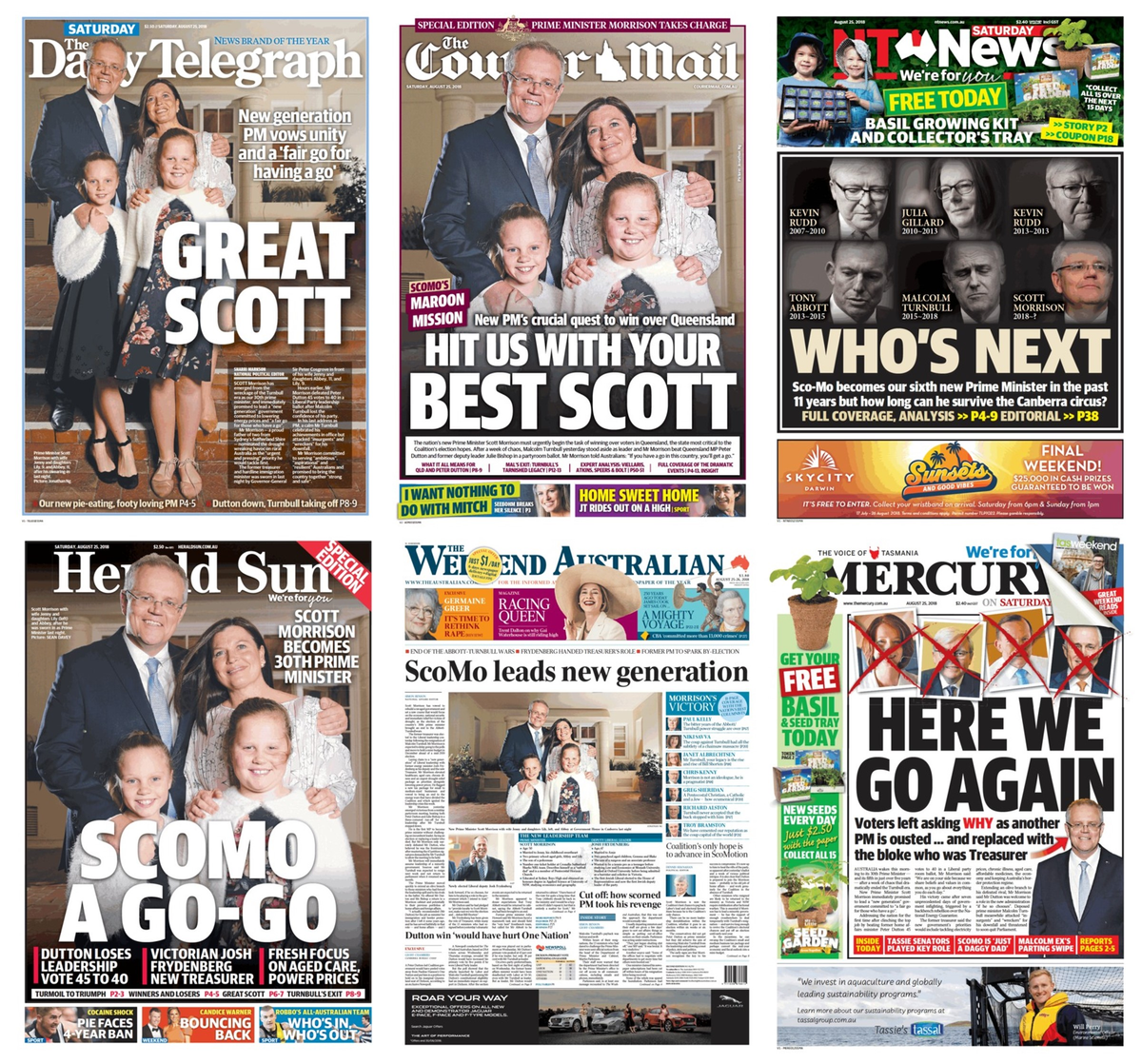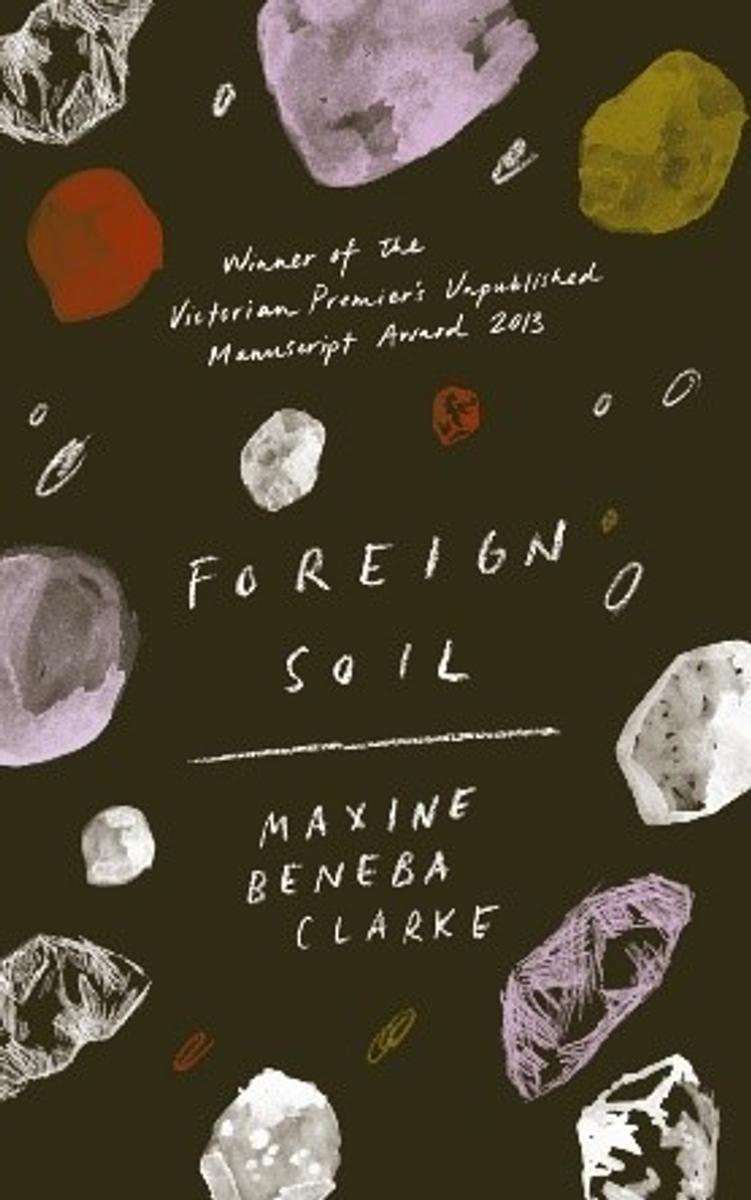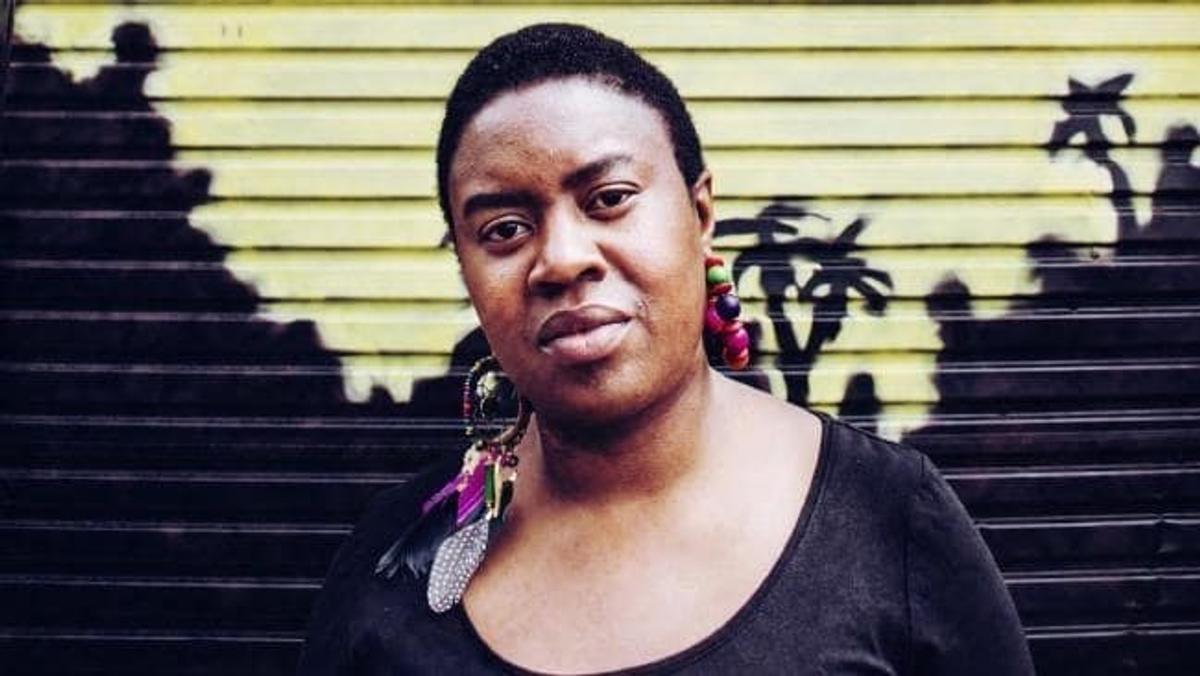Parallel - Student News

From the Editor
Hello everyone, welcome back to Term Two! May has brought with it a number of incredible and hectic events for Nossal, with Year Nine sitting their last ever NAPLAN, the Year 11 Ball providing a much needed break from VCE (and one too many dislocated knees) and the Annual House Athletics Carnival and debating competitions resulting in a tight competition for The Page Cup.
For the Year 12s, it’s coming to the half-way mark - only five more months before we venture out into the wide world of exams and adulthood. However, there is much to look forward to, and to dread, before that milestone, with Formal and the GAT just around the corner, though I am certain the former is bound to bring us more joy.
Thanks to everyone who has contributed to this issue of Parallel: I know that it’s tough work to balance the stresses of school with the associated pressure of co-curricular deadlines, but you always do a fantastic job. As always, if you are interested in contributing to Student News, please contact myself or any of the Editors on Teams and we can assist in whatever contribution you choose to make.
Best of luck for the next few weeks,
Chaya
Editor-in-chief
SRC News...
CFA Fundraiser
On the 28 March, the SRC of Nossal High School ran a Red themed Free Dress Day to raise funds for the CFA.
The CFA (Country Fire Authority) is a volunteer and community based fire and emergency services organisation that helps Victorians and over a million homes and properties in its state, having 1,217 brigades across all of Victoria and having over 34,000 in their staff, helping Victoria.
Due to this fantastic work and quality protection from the CFA, the SRC decided to run a fundraiser for the Berwick brigade, to support the CFA do the tasks their volunteers do and ensure the safety and protection of not just us, but all of Victoria. The SRC was determined to ensure that the school was aware of this fundraiser by multiple reminders, various posters and frequent advertisements. All of that paid off, as the school saw nothing but red clothing on all the students and staff, still having everyone show their own style through the colour red.
This was a very successful day, as the SRC were able to raise $679.70 for the CFA. It was a tremendous achievement not just for the SRC, but the whole school for being able to give back to the CFA for their hard work. All proceeds have gone to the CFA in Berwick.
As a member of the SRC, I am very proud of this achievement and excited to gain this kind of successful result again through other fundraisers in 2019, and also very happy to support the CFA in any way we can, it is the least this group, that look after all of us, deserves.
Eldrick Abunda
Year 12
World's Greatest Shave
The World's Greatest Shave was a complete success. By raising $597.30, our Nossal community was able to lend support to those suffering from cancer and leukemia. This generous sum of money was able to be raised through activities such as the raffle, hair waxing, and hair spraying.
As is Nossal's way, all the events went swimmingly and were enjoyable to both be a part of and to view. A special thank you goes out to the ten generous people who were willing to sacrifice their hair in support of those without. We hope to be able to hold this great charity again in the future. Thank you all for your support and participation.
Aamir Basha
Year 9
Support for Sri Lanka
Nossal raised more than $1300 for the Sri Lankan Easter Attack relief fund! It was a collaboration between the SRC and the United group and I was so glad to be part of it. The money has been sent to the Sri Lankan Red Cross and I am beyond grateful to have seen the vibrant and enthusiastic contribution from all of you, for every brownie purchased, every donation, and everyone who participated in the free dress day.
The Nossal community showed our united stance and were able to effectively raise funds in order to address such heinous damages, that deeply upset members of our international community. So thank you once again, every single dollar counted in the end and you can all give yourselves a pat on the back for enabling such a phenomenal achievement.
Sankalpa Rao
Year 12
Did Scott Morrison really win the federal election?
Editorial
On the 18 May, Australia finally went to the polls after the months of campaigning that saw politicians engaging in hour-long press conferences, handshakes with local community members and a string of policy promises. Coming into this election, there was an air of acceptance, supported by the pre-polls and general public consensus: Labor would win government, headed by Bill Shorten as the 31st Prime Minister of Australia.
However, as the votes were counted, it quickly became clear that something was eerily wrong: the marginal Victorian seats expected to flip remained unmistakably blue while simultaneously, Queensland experienced an 8% swing to the LNP. While a record number of postal votes means that there is not yet a concrete result, Labor leader Bill Shorten conceded late on Saturday night and Scott Morrison’s “miracle” victory prevailed. It currently appears that the Coalition will hold a majority government, with 76 seats to Labor’s 67, alongside six cross-benchers. Two seats are still in contention and the Liberal Party candidates are currently ahead in both.
As the shock, confusion and fury warranted by these results begins to die down, people are starting to ask a reasonable question: How did the Coalition achieve this seemingly impossible victory? Rather than congratulating Scott Morrison on this election victory, there is a different man who deserves the credit for this outcome. His name is Rupert Murdoch.
Rupert Murdoch is a multi-billionaire media mogul, born an Australian citizen in 1931, who owns approximately 65% of Newspapers circulating in Australian capital cities. His company, NewsCorp, manage The Australian, The Herald Sun, The Daily Telegraph, Foxtel, Fox Sports, News.Com and the Leader, to name a few.
But what is so wrong about this? How does being a wealthy businessman make Rupert Murdoch one of the most powerful men in Australia?
The accessibility of the media plays an integral role in how society understands its leaders; politicians, public figures and corporations are humanised to us and provided a platform to humanise themselves to the general public. Through questions, interviews, discussions and stories, we develop an understanding of the people that we are voting for. In the same vein, media serves as a means of holding leaders accountable for their actions and choices. We rely on our media to report on issues that matter to us. We rely on newspapers, websites, television channels and, increasingly, social media platforms, to provide us with the best and most well-informed position in order to allow an educated conclusion to be drawn, based on the facts in place.
If then, the media is intrinsically biased, no longer nonpartisan but instead possessing a clear and strict agenda, then the objective purpose of news vanishes. Media becomes a business; a strict and stealthy strategic game rather than an accessible platform for the people.
Murdoch is known to be profoundly Liberal. Since the 1974 election, he has been outright in endorsing the Coalition’s candidates for Prime Minister throughout his publications. This occurs to such a degree, that Julia Gillard remains the only Australian leader who was not endorsed, either on request or otherwise, by Murdoch. This bias isn’t a subtle one, either, as can be seen through the often hyperbolic and cruel headlines adopted by NewsCorp’s publications.
Murdoch’s media empire permeates the Australian political landscape and plays an irrefutable role in electing our leaders, using this wealth and influence to present an incredibly single-sided perspective. The media ought to be controlled by the people, rather than the people being manipulated by silent propaganda offered by a supposedly unbiased information source.
Yet, the influence doesn’t end here. NewsCorp owns further companies within the United States and the United Kingdom, each of which endorsed the conservative candidates currently in power - Donald Trump and Theresa May.
The question that I am positing here is: Do we really know what is true and what is fabricated? Can we trust a media that is bound by corporate interests, that isn’t truly free? Is this scepticism itself a sign that change needs to take place?
Whatever the answer is, there is one thing we can all be certain of, and that is that Scott Morrison should be very, very grateful to a different kind of God.
Chaya Wajntraub
Year 12
The views expressed in this article are the author's own and do not necessarily reflect Nossal or Parallel directly.
Foreign Soil
Book Review
Foreign Soil is a collection of short stories written by Maxine Beneba Clarke, who is also a spoken word poet. The stories are varied in their focus and will particularly appeal to the Nossal community in terms of its discussion of diaspora and generational migration.
In a time where vilification of the ‘other’ is prominent in the media and government, and our country must make decisions regarding our policy on refugees and immigrants, a collection like Foreign Soil is vital; vital to remind us of the individuals behind the classifications and legal battles, of the families that grow and prosper amongst their struggle. The collection, though one of reflection and identification particularly with immigrants or children of immigrants is universal in its appeal.
Clarke’s most striking feature is the domestic focus of her stories. She introduces lands and cultures unknown, not through heroic tales of migration or war, but rather the everyday. We are introduced to the generational impacts of racism and the struggles of assimilation in a typical Australian schoolyard, an unassuming hair salon and a run-down Footscray apartment. Stories in Foreign Soil are designed to exclude certain audiences and include others. They travel through a variety of dialectic, geographical and temporal shifts to present a cross section of the diverse experiences of migration, multiculturalism and “foreignness”. The writing style places focus on the voice of each character, providing us with a myriad of unique and insightful perspectives from around the world, across the age spectrum and in different walks of life.
Clarke puts us in places and times we don’t recognise and speaks to us in dialects we may not understand and then makes us yearn for her characters, imbibing the empathy and understanding individuals and nations need regardless of the differences between people. Some of the stories are confronting and hopeless, some are fulfilling and hopeful and ultimately she leaves us with the assertion that we must know stories to know individuals and know individuals to know a people which is ultimately our hope for the future; connections between individuals that cascade into the breaking of barriers between entire communities.
The first story David can be read here: http://3jqywe2zrpyl3iyev92tw7v6-wpengine.netdna-ssl.com/wp-content/uploads/2015/03/Foreign-Soil-extract.pdf
Nanditha Hareesh
Year 12
Get in touch
Chaya Wajntraub
Editor-in-chief
waj0007@students.nossalhs.vic.edu.au
Ruth Jarra - JAR0003@students.nossalhs.vic.edu.au
Gabby Rota - ROT0001@students.nossalhs.vic.edu.au
Movindu Gamage - GAM0016@students.nossalhs.vic.edu.au

